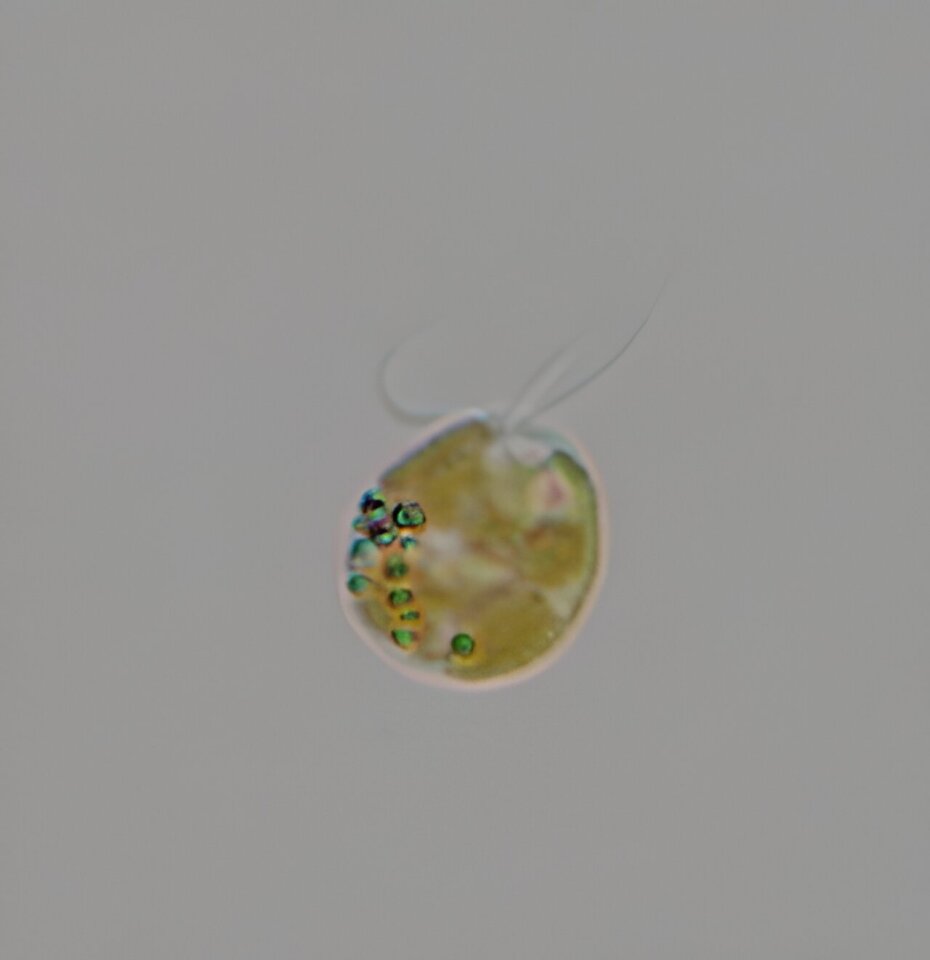Largest protein in nature discovered in algae toxin

Scientists have discovered the largest known protein in biology. Given the fun name of PKZILLA-1, the protein was found in algae cells and helps them make toxins that are responsible for mass killings of fish.
Tags: Protein, World’s Largest, UC San Diego, Algae, toxic, Chemistry
Continue reading Largest protein in nature discovered in algae toxin